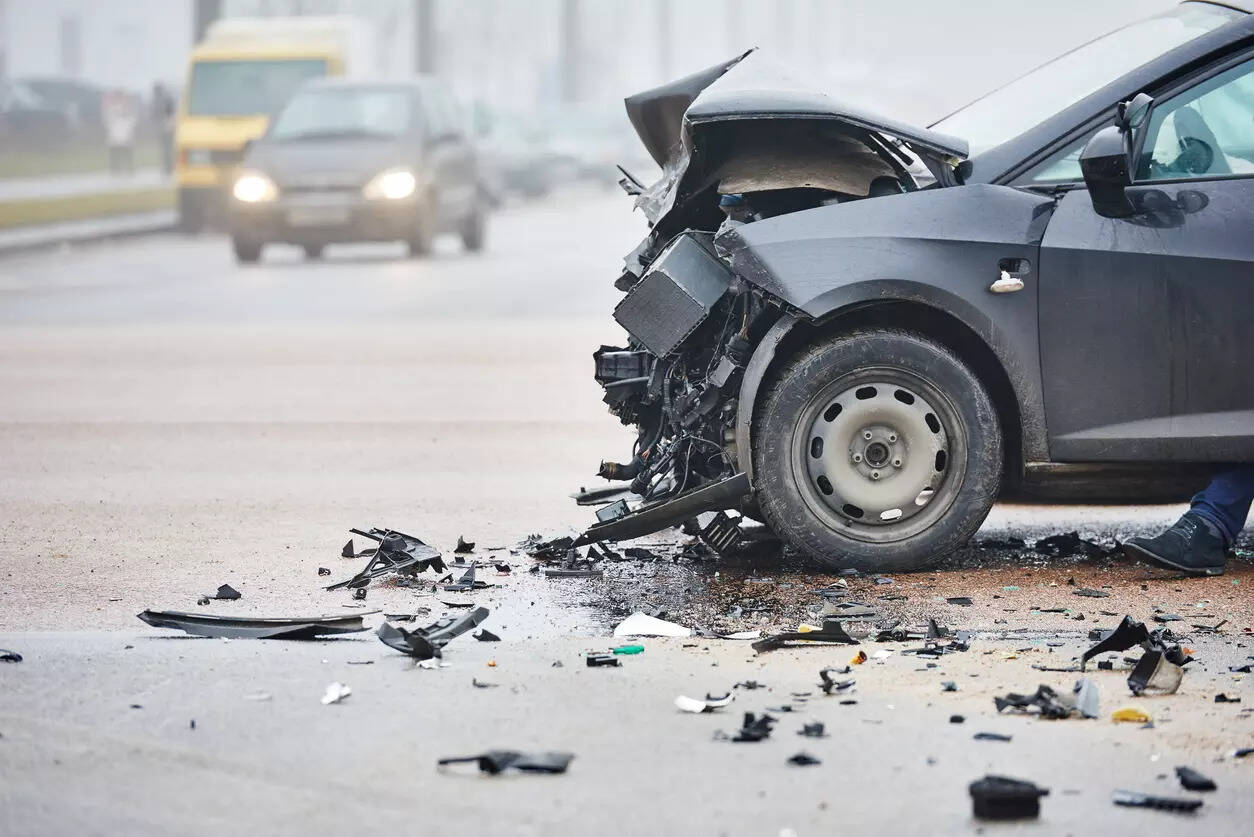
The government will soon come up with a cashless treatment facility for all road accident victims at the Ayushman Bharat hospitals while work is on to rectify about 5,000 remaining black spots in the country by May 2025 as the aim is to reduce road accident related death and injuries by half by 2030, road secretary Anurag Jain said.
“We plan to introduce cashless medical treatment for all injured road accident victims across the nation within the next three to four months,” Jain said while addressing the International Road Federation (IRF) conference on ‘Vision Zero, Targeting road safety by 5E’s with innovative technologies’, organised in association with the ministry of road transport and highways and Maruti Suzuki.
According to Jain, the nationwide scheme, to be introduced by the ministry, will be merged with the final scheme to be launched by the ministry of health and family welfare at the later stage.
Talking about eliminating all black spots on the national highways, Jain said about 4000 accident prone engineering faults have been rectified till date and the concerned authorities have been asked to prepare a detailed project report (DPR) of the remaining 5,000 black spots within the next three months. “All DPRs will be prepared within three months and we hope to sanction all projects in one go as we aim to rectify all engineering defects by May 2025,” he said.
According to Jain, the road safety audit of all national highways in the entire country will be achieved soon and the ministry of road transport plans to launch zero complaints for road maintenance making all highways fully maintained by the concerned highway authorities.
Jain further said that the road ministry has formulated a multi-pronged strategy based on 5E’s of road safety to address the issue of road safety based on education, engineering (both of roads and vehicles), enforcement and emergency Care.
“The electronic Detailed Accident Report (e-DAR) Project has been initiated to establish a central repository for reporting, management and analysis of road accidents data across the country,” he said.
“The successful implementation of the 5 E’s in road safety results in increased awareness, safer road infrastructure, better compliance with traffic laws, encouragement of responsible behavior, and continuous refinement of safety measures. The ultimate outcome is a significant reduction in road accidents, injuries, and fatalities, creating a safer and more secure road environment for everyone” K K Kapila, president, emeritus, International Road Federation (IRF) said. IRF is a Geneva-based global road safety body working for better and safer roads worldwide.
As per the IRF, India accounts for more than 11% of global fatal road accidents, highest in the world. The International Road Federation has taken up safe road construction projects in seven states including Tamil Nadu, Kerala, Madhya Pradesh, Rajasthan, Uttar Pradesh and Karnataka where all the 5E’s have been implemented at the same time, making these roads almost accident free.

